The Foundational 4 Cs of Critical Thinking in K-12 Education
TeachThought
MAY 1, 2025
The 4 Cs of Critical Thinking: Critical Thinking, Communication. Collaboration, and Creativity.
This site uses cookies to improve your experience. To help us insure we adhere to various privacy regulations, please select your country/region of residence. If you do not select a country, we will assume you are from the United States. Select your Cookie Settings or view our Privacy Policy and Terms of Use.
Cookies and similar technologies are used on this website for proper function of the website, for tracking performance analytics and for marketing purposes. We and some of our third-party providers may use cookie data for various purposes. Please review the cookie settings below and choose your preference.
Used for the proper function of the website
Used for monitoring website traffic and interactions
Cookies and similar technologies are used on this website for proper function of the website, for tracking performance analytics and for marketing purposes. We and some of our third-party providers may use cookie data for various purposes. Please review the cookie settings below and choose your preference.

TeachThought
MAY 1, 2025
The 4 Cs of Critical Thinking: Critical Thinking, Communication. Collaboration, and Creativity.
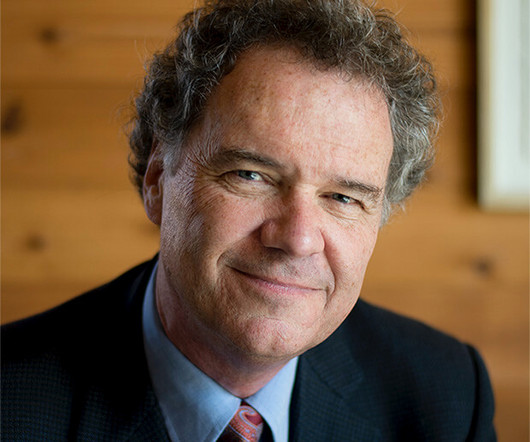
NCHE
MARCH 25, 2024
After Jessica Ellison invited me to participate in a conversation about how academic historians might be of use to K-12 teachers, I did a little research: I asked teachers at our state social studies council what they most needed for their work. The answers were clear: time and confidence, they said.
This site is protected by reCAPTCHA and the Google Privacy Policy and Terms of Service apply.
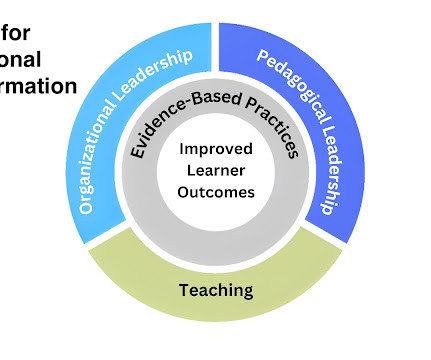
A Principal's Reflections
JANUARY 7, 2024
As we navigate the shifting currents of the educational landscape, it's clear that transformative change is not just necessary—it's inevitable. To foster an environment where every student thrives, we must reimagine our approach to education from the ground up. SET grounds everything we do at Aspire Change EDU.
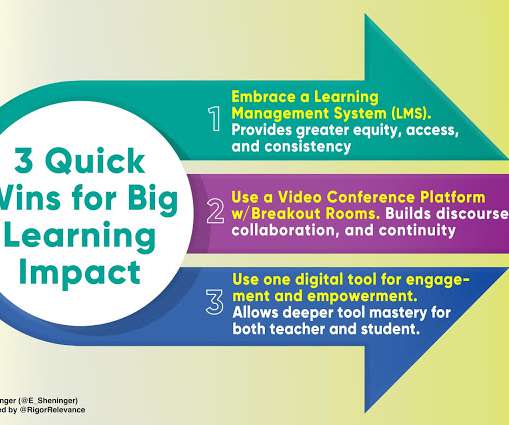
A Principal's Reflections
NOVEMBER 1, 2020
Educators are stressed, worn-out, and constantly wondering when the pandemic will end. Through it all, though, educators have risen to the occasion like never before. In this case, the goal is trying to achieve more systematic change that all educators can embrace. I tend to refer to these as norms that everyone can get behind.

The Hechinger Report
FEBRUARY 23, 2025
The path to becoming a doctor is daunting, full of obstacles like financial hardship, lack of mentorship and systemic inequities in education. To mitigate these disparities, we must look beyond our hospitals and medical schools and into the places where young minds are shaped: our K-12 classrooms.
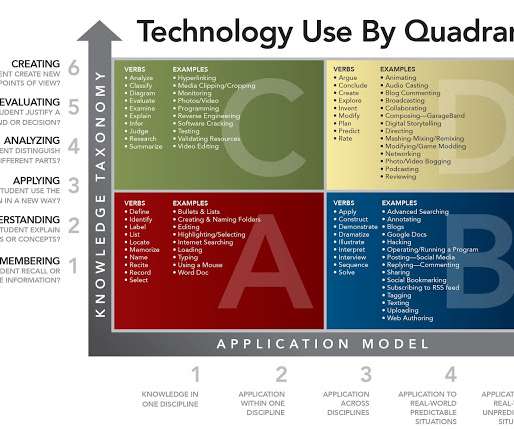
A Principal's Reflections
FEBRUARY 2, 2020
The overall goal and focus of the partnership have been to help them get the most out of the devices that were rolled out a few years ago across the entire K-12 district as part of a 1:1 implementation. During a planning call prior, I was asked to work with special education, math, and reading teachers in particular.

Digital Promise
APRIL 24, 2024
The post Navigating the New Frontier: Building AI Literacy in K-12 Education appeared first on Digital Promise.
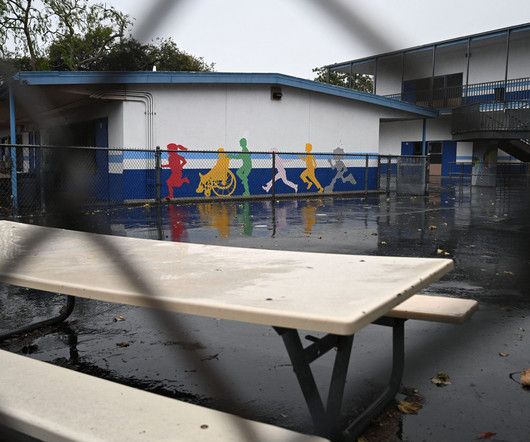
The Hechinger Report
DECEMBER 22, 2024
More than 7 million students nationwide are entitled to special education services in K-12 schools. In most states, graduation rates for students with disabilities are lower than their peers and the quality of the education they receive varies greatly. Where is special education working well?
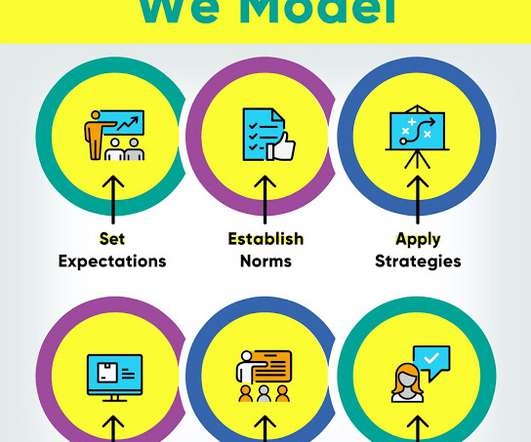
A Principal's Reflections
JANUARY 17, 2021
These models were never meant for K-12 education, and there is no definitive playbook available as things seem to be in a constant state of flux during the pandemic. Educators have admirably risen to the occasion, but that doesn’t mean they don’t deserve continuous support, practical strategies, and timely resources.
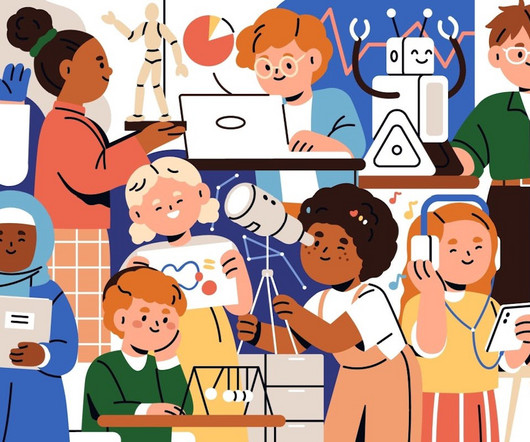
ED Surge
JANUARY 9, 2025
As we look back at the K-12 stories that resonated the most with our readers last year, a trend quickly emerges: 2024 was the year of the personal essay. But overall, EdSurge articles that highlighted educators experiences and called for more connection gripped readers all year. Here are the most popular K-12 stories of 2024.

Digital Promise
OCTOBER 23, 2024
A new report shares learnings from a cohort across K-12 education that tested ways to leverage AI toward equitable outcomes for students.

Digital Promise
FEBRUARY 21, 2023
In this second post, Michigan Virtual outlines how they successfully created resources by crowdsourcing ideas on how to address shared challenges among educators. In this case, the “crowd” included the 25 educators participating in our leadership group whose collective expertise was leveraged.

A Principal's Reflections
JANUARY 16, 2023
Education is still reeling from the impacts of COVID-19. The rapid shift to virtual learning was a necessity and, like always, educators rose to the occasion like they always do even though training in this area didn’t really exist at scale. Below are some resources I created to help educators with effective implementation.

ED Surge
MARCH 27, 2025
Thats a good thing in Adams view, as shes more than a little confident that todays K-12 students will be using AI in some fashion when they eventually join the workforce. Pete Just is the generative AI project director for the Consortium for School Networking, a professional association for K-12 edtech leaders.
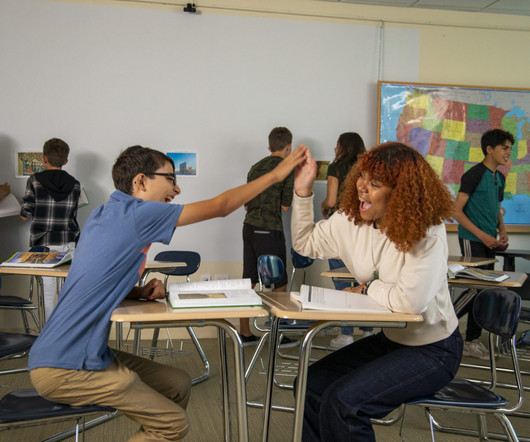
TCI
JANUARY 6, 2025
TCI, a leader in K-12 educational content and curriculum, is proud to announce that its K-6 and 7-12 Social Studies programs have received favorable reviews in the latest textbook adoption reports released by the Office of Instructional Materials & Library Services within the Mississippi Instructional Materials Review Board.

A Principal's Reflections
JANUARY 9, 2021
Even though educators have been challenged like never before, they faced adversity and stepped up to the plate admirably for their learners. Remote and hybrid learning at scale was never meant for K-12 education, but the fact remains that each has been a catalyst for some exciting changes that have long been overdue.
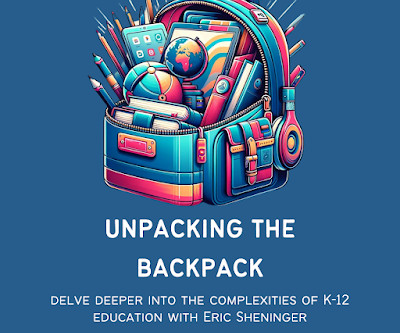
A Principal's Reflections
MAY 26, 2024
At that time, Twitter was emerging as the preferred space for educators to connect, and blogs were the go-to source for relevant ideas and strategies. Being a connected educator opened my mind and eyes to what was possible and enabled me to move beyond comfort and fear to evolve into a more effective leader.
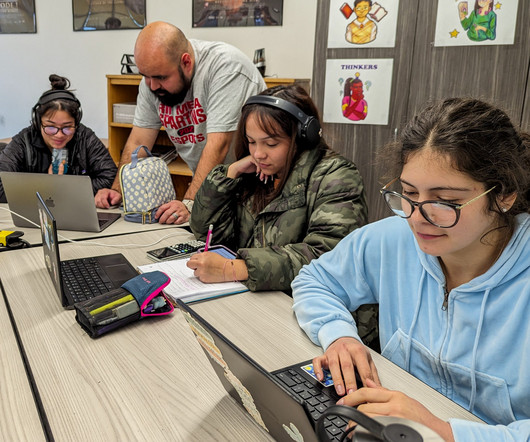
The Hechinger Report
OCTOBER 20, 2024
Yet now more than ever, K-12 students need basic modern data science skills. With data talent in high demand globally, other countries are investing billions in data education. Data science education is typically reserved for higher education, but only slightly more than a third of Americans have a college degree.
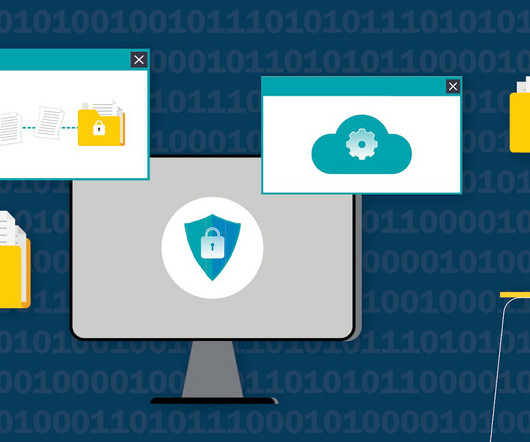
ED Surge
MARCH 27, 2024
K-12 leaders tasked with preparing students for the future workforce are doing so amid ever-increasing cyber threats. While many K-12 organizations struggle to obtain resources to strengthen cybersecurity, those that employ security best practices consistently report higher levels of cyber maturity.

A Principal's Reflections
MAY 22, 2023
Additionally, a study by the National Center for Education Statistics found that students who used laptops in the classroom were more likely to say that they enjoyed school and that they were motivated to learn. Journal of Research on Technology in Education, 42(4), 357-377. American Educational Research Journal, 50(3), 568-596.
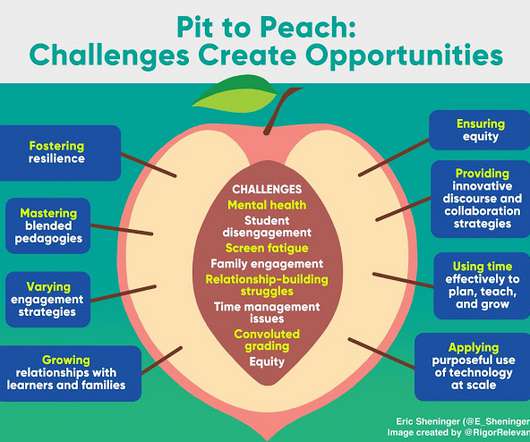
A Principal's Reflections
DECEMBER 20, 2020
Marine I love working with educators. The other day I was working with Davis Schools in Utah on a hybrid learning model where educators would be teaching face-to-face and remote learners at the same time. It is essential to recognize the fact that a hybrid model was never intended for K-12 education.

A Principal's Reflections
SEPTEMBER 27, 2020
Educators desperately want and need support. Without a doubt, this will be and has been, more time consuming for educators. There are many strategies that educators were implementing well before the pandemic that hold more value now. One pitfall is trying to teach traditionally under the current circumstances.

The Hechinger Report
NOVEMBER 18, 2024
Public trust in higher education has reached a historic low. However, researchers at Georgetown University project that by 2031, 72 percent of jobs will require some type of education or training after high school. Education leaders have long called for expanded postsecondary pathways. College isn’t for everyone.

A Principal's Reflections
SEPTEMBER 23, 2018
It also provides me with an opportunity to reflect on what I see and my take on how the field of education can continue to evolve in ways that better support the needs of all learners. Recently I was conducting learning walks in Edward K. Science and research compel all educators to integrate more movement into the school day.
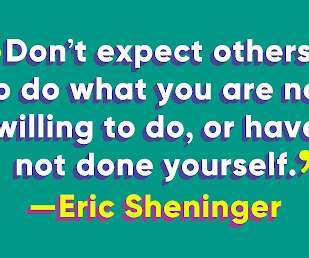
A Principal's Reflections
JANUARY 30, 2022
Created and taught a model lesson to K-12 educations on voice and choice Developed and had educators engage in a personalized learning task. This was a direct follow-up to the model lesson for educators. I created a template while providing sample activities and questions as a foundation.

The Hechinger Report
JANUARY 8, 2025
Research quick take Access to high-quality pre-K is becoming an increasingly popular policy across the nations largest cities, according to a recently released report by CityHealth. CityHealth is partnering with the National Institute for Early Education Research to track this progress here. Sign up for the Hechinger newsletter.
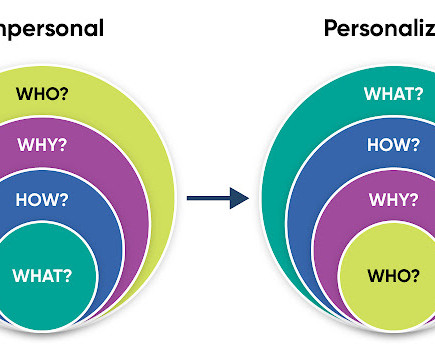
A Principal's Reflections
SEPTEMBER 3, 2023
Whether delivered through lectures in college, direct instruction during K-12 education, or occasionally gleaned from textbooks and encyclopedias, it permeated every aspect of learning. Reflecting on my days as a student, I recall how the subject matter was the primary focus in every class.

A Principal's Reflections
AUGUST 2, 2020
Equity There have always been issues with equity when it comes to education. From here, schools can begin to focus on a remote blended learning model that can serve as a foundation for all K-12 classrooms to create a more personalized experience. Professional Learning Many schools were not prepared when the pandemic hit.
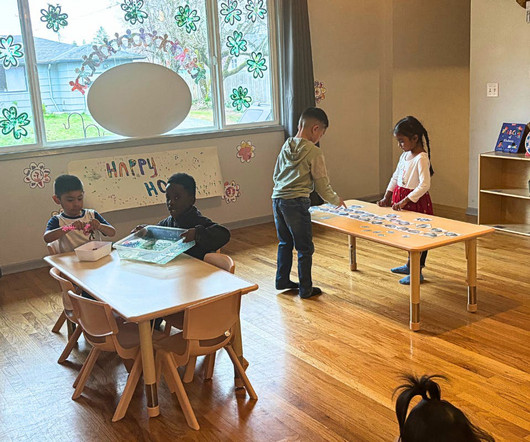
ED Surge
APRIL 7, 2025
Measuring Up Successful universal preschool initiatives typically share a few common characteristics, says GG Weisenfeld, associate director of technical assistance at the National Institute for Early Education Research (NIEER), where she works with cities and states to design and implement pre-K systems.
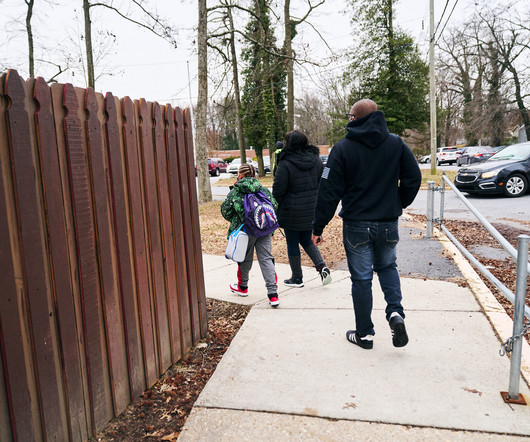
The Hechinger Report
AUGUST 18, 2024
Educators around the country are scrambling to save jobs and programs created in the last few years as they face the end of the federal funds aimed at helping schools recover from the pandemic. Can educators free up essential resources from ineffective programs and nonstrategic professional development? Related: Widen your perspective.

ED Surge
MARCH 17, 2025
One idea that has taken hold in many districts: repurposing these empty school buildings into early care and education centers. Its a natural fit, says Aaron Loewenberg, a senior policy analyst with the Education Policy Program at New America, a think tank. The field of early care and education, meanwhile, has a severe supply shortage.
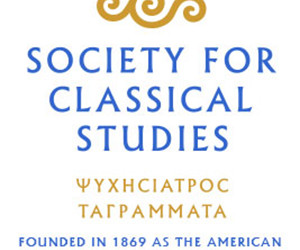
Society for Classical Studies
DECEMBER 13, 2024
2024 Awards for Excellence in Teaching at the K-12 Level kskordal Fri, 12/13/2024 - 09:40 Image The Society for Classical Studies is pleased to announce the recipients of the 2024 Awards for Excellence in Teaching at the K-12 Level: Kathleen R. Durkin James T. Kathleen R. Kathleen is also an exceptional mentor.
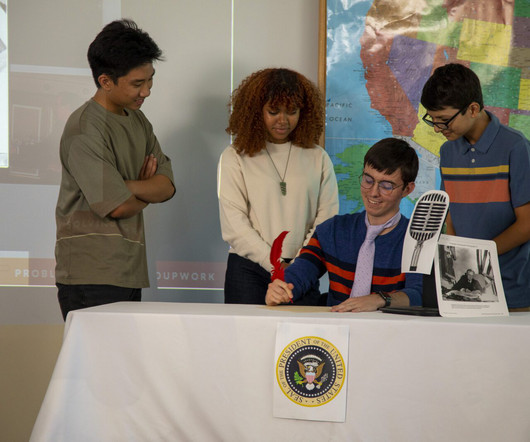
TCI
NOVEMBER 12, 2024
Civic education is the cornerstone of a functioning democracy, yet recent evaluations reveal significant gaps in how it is taught across the nation. However, recent studies indicate that many states are falling short of providing students with the educational foundation needed for active civic participation.
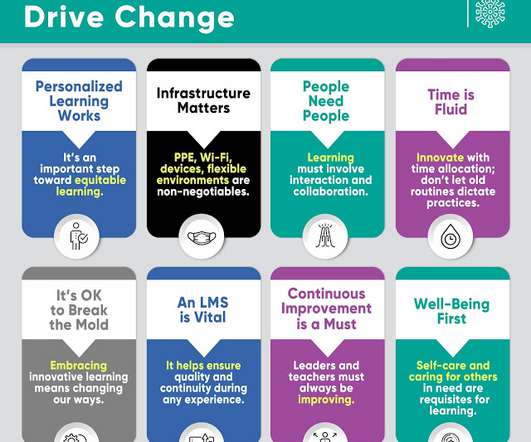
A Principal's Reflections
OCTOBER 18, 2020
As educators continue to grapple with these challenges, lessons have materialized that can pave the way for needed change. Education can ill afford to revert back to the way things were done in many districts and schools. Uncertainty and a lack of continuity have had a heavy toll on teachers, administrators, students, and parents.

ED Surge
FEBRUARY 6, 2024
Every year ACX, as the blog is often called, hosts a book review contest, and the latest winner summarizes Egan’s 1997 book, “ The Educated Mind: How Cognitive Tools Shape Our Understanding.” And that appealed to Brandon Hendrickson, who stumbled across Egan’s work while doing a master’s program in education at the University of Washington.
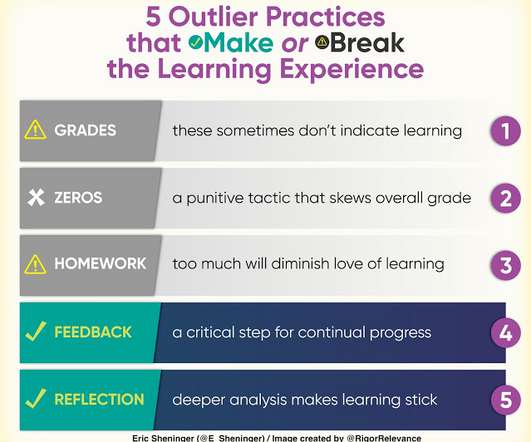
A Principal's Reflections
JUNE 20, 2021
Think about why you went into the field of education. Here is what I shared in Disrutive Thinking: These teachers—and a handful of others throughout my own K-12 educational journey—engaged in practices that were memorable and perhaps even outside the norm. Many practices in education can fall into the outlier category.

A Principal's Reflections
JULY 23, 2017
When designing the space, it’s important for educators not to overstimulate and thus detract students’ ability to focus but to provide enough stimuli to enhance the learning experience. Today’s educational paradigm is no longer one of knowledge transfer but one of knowledge creation and curation. Cited Sources Barrett, P., &
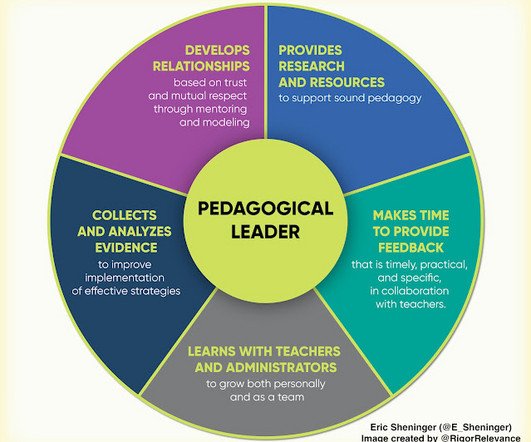
A Principal's Reflections
APRIL 2, 2023
Prioritize growth Attending at least one conference or workshop a year that aligns with a significant school or district initiative and reading one education book and one from another field, such as general leadership strategies or self-help, can yield powerful lessons and ideas.

A Principal's Reflections
FEBRUARY 27, 2023
Educators can easily implement it as part of Tier 1 instruction and for students to report out during cooperative learning, projects, and choice activities. In this episode for #EDvice I dive into the concept a little deeper to unpack its significance while also providing some K-12 examples.

A Principal's Reflections
MARCH 19, 2017
This applies not only to K-12, but also higher education. Thus, schools and education in general need to create a learning culture that not only inspires students, but also prepares them for success in their future. We are at a crossroads in education. Change is not coming, it is already here beating down the door.
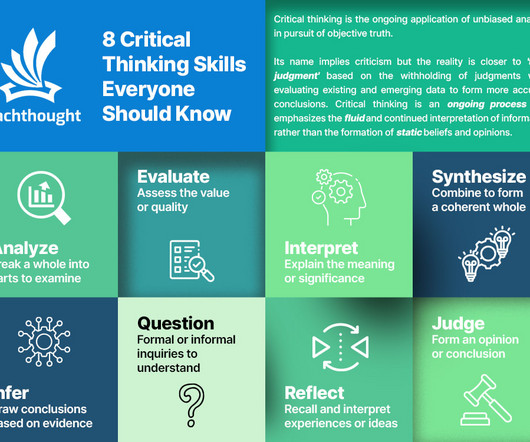
TeachThought
AUGUST 20, 2024
Research about cognitively demanding skills provides formal academic content that we can extend to less formal settings, including K-12 classrooms. 12(2), Article 16. Critical thinking is an ongoing process emphasizing the fluid and continued interpretation of information rather than the formation of static beliefs and opinions.
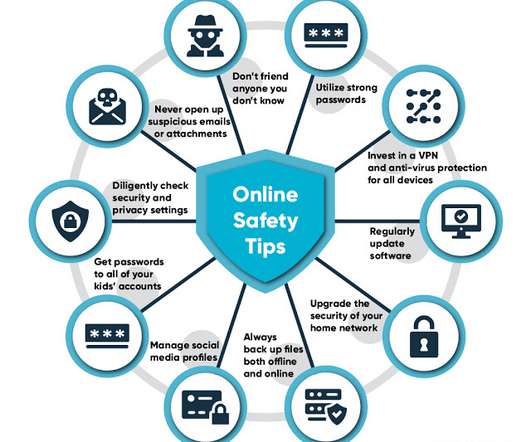
A Principal's Reflections
MAY 3, 2020
Family Educational Rights and Privacy Act ( FERPA ) - A Federal law that protects the privacy of student education records. Department of Education. FERPA gives parents certain rights with respect to their children's education records. Schools can grant COPPA consent if the tool is used solely for an educational purpose.

The Hechinger Report
MARCH 16, 2025
This looming demographic cliff has been on the minds of education leaders for nearly two decades, dating back to the start of the Great Recession. In the years to come, schools at all levels reliant on per-pupil funding for K-12 and on tuition dollars for colleges and universities will begin feeling the squeeze.

A Principal's Reflections
JUNE 23, 2019
The future of work requires new skills, and it is up to K-12 education to lead the charge in this area. More importantly, it is our duty and the role of education to ensure that they are competent. Skills are not enough, in my opinion. Empowering our learners to think critically and solve real-world problems is paramount.
Expert insights. Personalized for you.
We have resent the email to
Are you sure you want to cancel your subscriptions?


Let's personalize your content